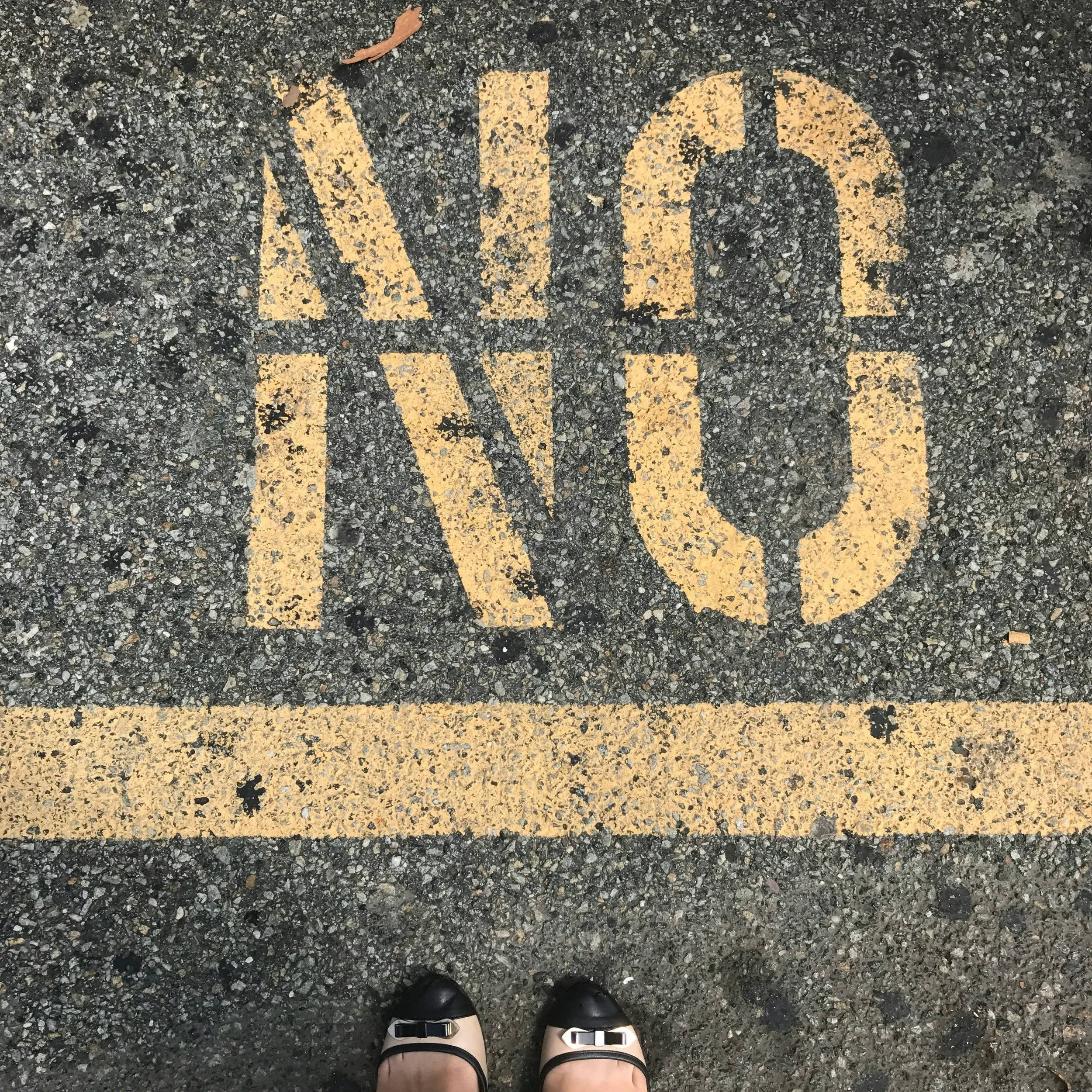Good Intentions Can Lead to Burnout: How to Reduce People-Pleasing Behaviors and Start Living With More Energy and Confidence
“Ugh, I want to be able to say no without being mean” or “I always worry about other’s feelings, but I am feeling exhausted and know that I should be prioritizing myself more.” Sound familiar? Being a people pleaser often comes from a good place — wanting to be kind, helpful, and maintain harmony — but it can lead to burnout, resentment, and loss of self-identity if left unchecked. Here’s my best advice for staying kind but breaking the people-pleasing cycle, broken down into practical steps:
1. Pause Before Saying Yes
Instead of automatically agreeing, practice saying:
“Let me think about it and get back to you.”
This gives you space to decide if you truly want or can commit, rather than responding out of guilt or reflex.
2. Learn the Power of a Gentle No
A “no” doesn’t have to be harsh. Try:
“I’d love to help, but I can’t right now.”
“That doesn’t work for me, but I hope it goes well.”
Saying no is not rejecting the person — it’s respecting your own capacity.
3. Notice Your Motivations
Ask yourself: Am I doing this out of genuine care, or out of fear of disappointing someone?
If it’s the latter, that’s a sign to pause and consider your needs first.
4. Shift from Pleasing to Respecting
The goal isn’t to stop being kind — it’s to balance kindness with self-respect.
Pleasing says: “Your needs matter more than mine.”
Respect says: “Both of our needs matter.”
5. Expect Discomfort at First
If you’re used to over-giving, setting boundaries will feel selfish or “mean.”
That discomfort isn’t wrong — it’s just a sign you’re breaking an old pattern.
6. Start Small
Practice boundary-setting in low-stakes situations (e.g., declining a casual invite, or asking for what you want in a restaurant).
Over time, your confidence grows for bigger situations.
7. Redefine Your Worth
Remember: Your value doesn’t come from how much you do for others.
It comes from who you are — your presence, your values, your relationships.
✨ Bottom line: You don’t need to stop being thoughtful and caring — you just need to extend that same care to yourself.
Boundary Setting Examples
Here are some ready-to-use boundary phrases that work for people pleasers — they’re polite, respectful, but firm:
When You Want to Say No
“Thanks for thinking of me, but I can’t take that on right now.”
“I really appreciate the invite, but I’ll have to pass this time.”
“That doesn’t work for me, but I hope it goes well.”
When You Need More Time
“Let me check my schedule and get back to you.”
“I’ll think about it and let you know tomorrow.”
(This buys you space so you’re not pressured into a quick “yes.”)
When You Want to Help, But on Your Terms
“I can’t do X, but I could do Y if that’s helpful.”
“I’m not available for the whole thing, but I can join for the first hour.”
When Someone Pushes Your Boundaries
“I understand that’s important to you, but I can’t commit to that.”
“I know you’d like me to, but this isn’t something I can take on.”
“I’ve already given you my answer, and I need you to respect it.” (for repeat pushback)
When You Feel Guilty Saying No
“I wish I could help, but I can’t right now. I hope you understand.”
“I know this is important, but I have to prioritize my own time/energy right now.”
✨ The trick is: keep your tone warm but firm. You don’t need to over-explain or apologize excessively (that’s a common pleaser habit). A short, kind statement is enough.
So what do you do with the guilt that often shows up, particularly when you’re trying on these more assertive behaviors? Guilt is usually the hardest part for a people pleaser. Here are some internal mantras you can repeat to yourself (quietly or in writing) when the guilt shows up after you say no:
💭 Self-Compassion Mantras
“It’s okay to take care of me.”
“Resting and protecting my energy makes me a better friend/partner/worker.”
“Saying no to them means saying yes to myself.”
💭 Boundaries Are Healthy
“Boundaries are not rejection — they are protection.”
“If someone only values me when I say yes, that’s about them, not me.”
“I’m allowed to disappoint people sometimes. That’s part of being human.”
💭 Self-Worth Reminders
“My worth isn’t measured by how much I do for others.”
“I am enough, even when I say no.”
“People who care about me will still care about me when I set limits.”
✨ Tip: Write one or two of these on a sticky note, or in your phone’s notes, so you can glance at them when that wave of guilt hits.
So what I’d like for the people-pleaser reading this blog is to try-on one or two of these behavior changes over the next few days. Expect that you might feel discomfort initially, but know that on the other side of that discomfort is confidence that is waiting to be revealed! Continue being the good, kind person that you are to others but allow yourself to be that way toward yourself too!
If you’d like to address your people-pleasing behaviors in therapy, please reach out and schedule your session with me. I look forward to helping you adopt new behaviors that support your best interests!

